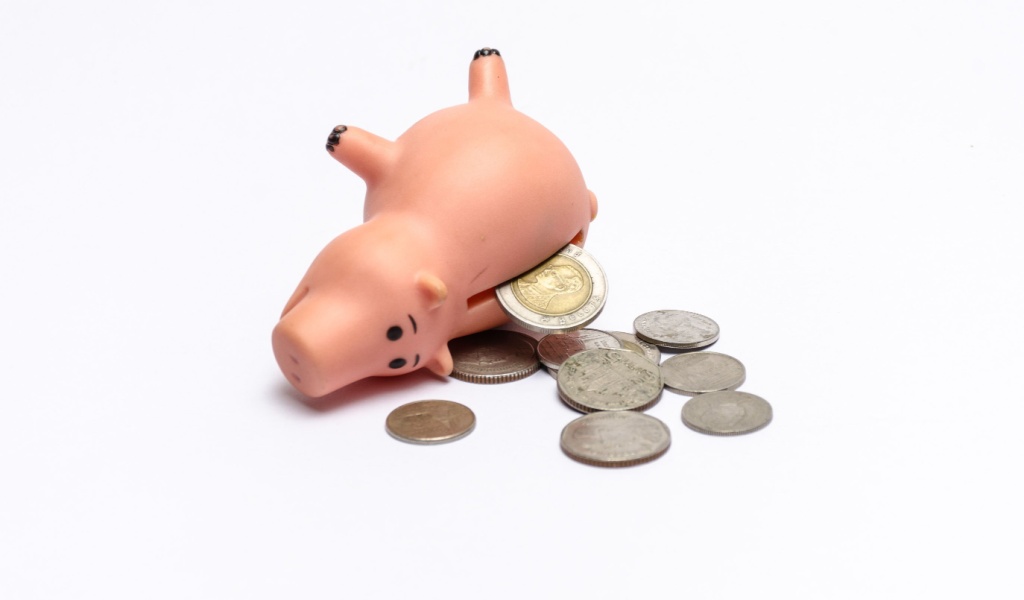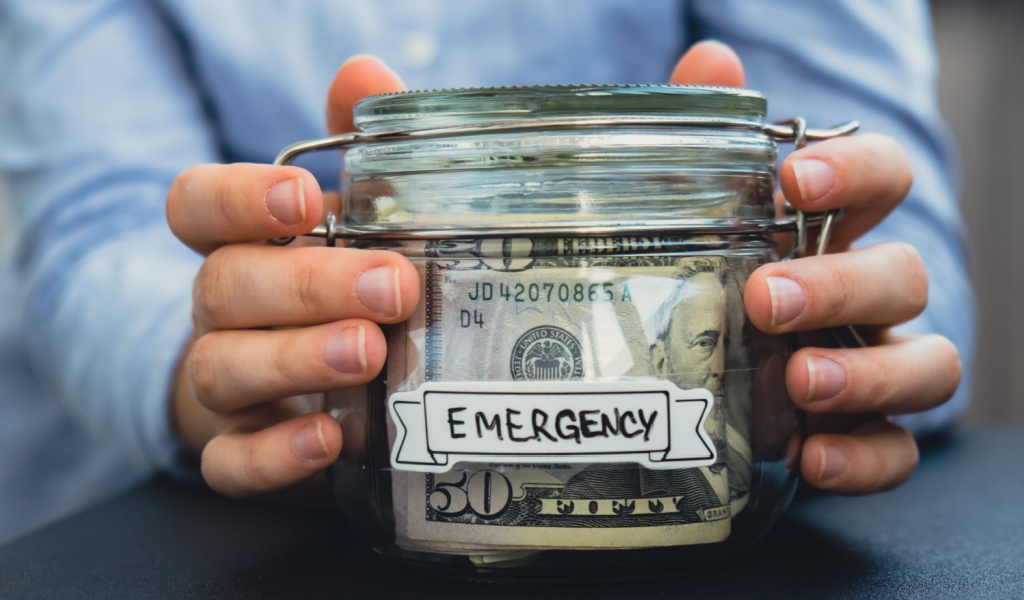Have you ever faced a situation where your emergency fund unexpectedly ran out, even after doing everything right? You have a rainy-day fund, carefully planned and prepared for an emergency. Then, suddenly, life happened. Layoffs, medical expenses, car troubles, or an unusual mix of all three hit you all of a sudden. Now, that go-to emergency cushion feels more like an emptied pool float, and you’re left pondering, “Now what”?
If you’re staring at an empty savings account and a mountain of bills, don’t worry. You’re not alone. And there are many ways to regain control. Let’s examine how to manage a situation where your emergency funds are all gone.

Calm Down and Then Assess the Situation
First things first, pause and take a deep breath. Worrying and panicking will not pay the bills, and having clarity is essential. Gather your bank statements, grab a cup of coffee, and make a list of:
- What are your needs (rent, food, medicines)?
- What are your present costs?
- How much money do you need to scrape by this month?
This can be challenging; however, it provides a clear understanding of what needs to be done, and that’s power!
Prioritize the Basics
Dave Ramsey advises focusing on the basics first: food, utilities, shelter, and transportation. If you can’t pay for everything, pay for what keeps you and your family protected and functioning. That Netflix subscription or gym membership can wait. Remember, this is survival mode, not eternal mode.
Boost Your Income
If your 9-to-5 job is gone or has been cut back, now’s the perfect time to get resourceful and start earning in new ways. It’s like making your own personal incentive plan.
The following are some income-boosting ideas:
- Side jobs: Consider delivery driving, pet sitting, or working as a virtual assistant.
- Freelancing: Provides services such as writing, graphic design, or tutoring.
- Use your talents: Whether it’s repairing bicycles, babysitting, or teaching yoga online, turn your skills into a source of income.
- Sell unused items: Do you have a piano you hardly play? Sell it.
It won’t solve all your financial problems, but even a few hundred dollars extra can help you stay afloat and avoid taking on loans.
Cut Unnecessary Costs
Now comes the ugly but essential part: cutting expenses. Remember, it’s not enough to skip your regular cappuccino. Here are more ideas to save money:
- Cook meals at home – Eating out can quickly drain your cash.
- Cancel or pause subscriptions – You’d be surprised at how many auto-renew without notice.
- Switch to lower-cost options – Consider generic groceries, energy-efficient practices, or carpooling to save more money.
- Inquire about sliding scale payments – Particularly for medical care or mental health services.
The plan is to cut ruthlessly now so you can relax later.
Use Credit Wisely
Use credit cards or personal loans strategically if you must. Prioritize low-interest choices and avoid cash advances unless it’s an emergency. Most importantly, use credit as a bridge, not a permanent fix. Be practical about how and when you can settle the loan.
Ensure Your Insurance is Active
People often overlook the statement, “Don’t let your health, auto, or renters’ insurance lapse.” It may be tempting to drop coverage when you’re broke. However, it could make you even more vulnerable if tragedy strikes again. Consider low-priced plans or contact your provider to see if they provide financial hardship accommodations.
Pause Debt Payments Responsibly, If Necessary
If you have to pick between feeding your family and settling your credit card minimums, feed your family. Many lenders permit deferments during financial hardship, so you can call them and explain your circumstances to ask for relief options.
While this may affect your credit slightly, your basic survival is more important. This phase isn’t about financial excellence. It’s about ensuring you’re still standing the following month.
Verify Your Eligibility for Forbearance or Deferment on Student Loans
If student loans are also part of your financial problem, you may be entitled to forbearance or deferment, particularly during times of unemployment or hardship. Federal loan servicers provide many programs that let you pause payments without defaulting, giving you time to stabilize.
Check for Community and Government Resources
If your situation is pretty serious, don’t hesitate to ask for help. There are programs designed for this. Look for:
- Local food banks
- Rental support programs
- Nonprofit credit counseling
- Utility bill support systems
- Unemployment advantages
Sites such as 211.org and local government portals can connect you with support faster. Freeing up even one type of expenditure, such as food or rent, can make a significant difference.
Contact Your Creditors
It’s tempting to avoid credit card statements or unsettled bills, but trust us: radio silence is not the best approach. Many creditors and service providers provide hardship programs, especially if you proactively reach out.
You could be eligible for:
- Reduced interest rates
- Postponed payments
- Temporarily suspended accounts
Being honest can also protect your credit score in the long run.
Use Retirement Funds Only as the Last Option
Your 401(k) or IRA may seem like a piggy bank, but tapping into it should be an absolute last resort. Early withdrawals come with taxes, penalties, and long-term effects on your future retirement. If necessary, consider taking a loan against your 401(k), which is typically less expensive than a withdrawal.
Automate Your Finances
This may sound strange, but setting up minor automated transfers (even during a crisis) can help you rebuild savings easily, especially when you’re back on track. Automation eliminates the need for willpower and ensures consistency, even with small amounts.

Rebuild and Reflect
Once you’re back on track, it’s best to reflect on things like:
- What caught you off guard financially?
- What worked well throughout the emergency?
- What can you do to face the next storm better?
Whether you save more aggressively, expand revenue sources, or set up automatic transfers, your financial future will be in good hands if you follow this.
Create a Mini-Emergency Account
Once you’ve sorted the basics and are generating some revenue, start saving again, even if it’s just a small amount. It can be $5 a week, and that’s okay.
For instance, set a goal to build a $500 “starter fund” for protection. Consider this your comeback journey to your emergency savings.
You’re Not a Failure
Running out of emergency funds doesn’t mean you’ve failed; it means you used them for their intended purpose. And that alone is a victory.
Yes, this phase is complicated and messy. However, with a blend of resourcefulness, support, and a clear plan, you can overcome this challenge. It’s not about how quickly you recover but about staying in the game!



